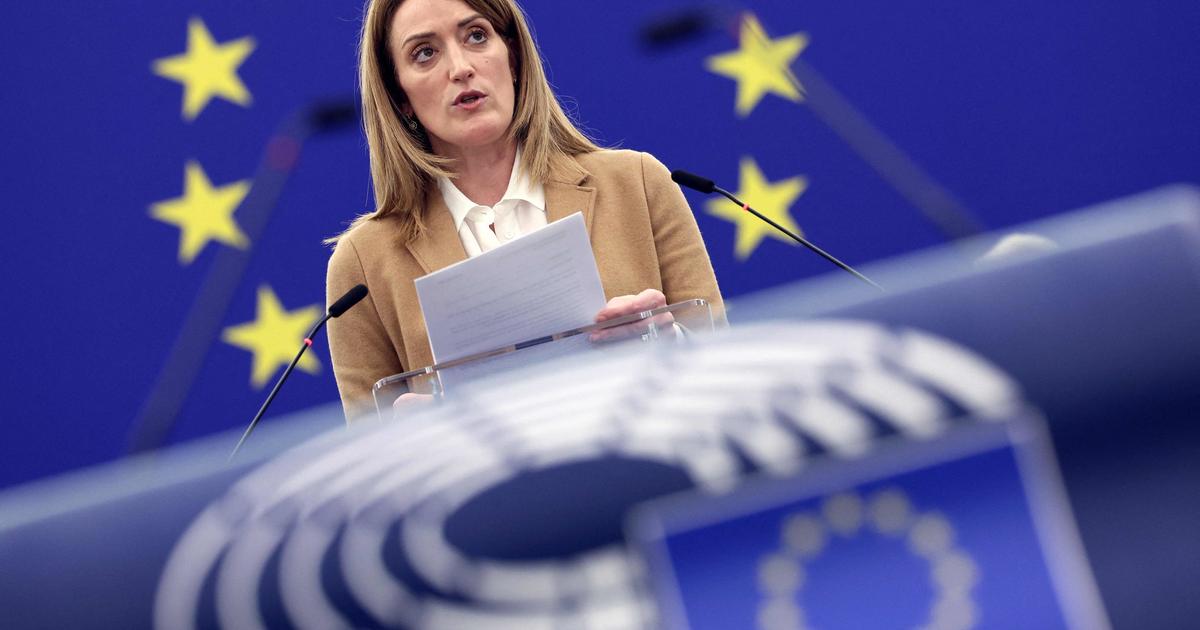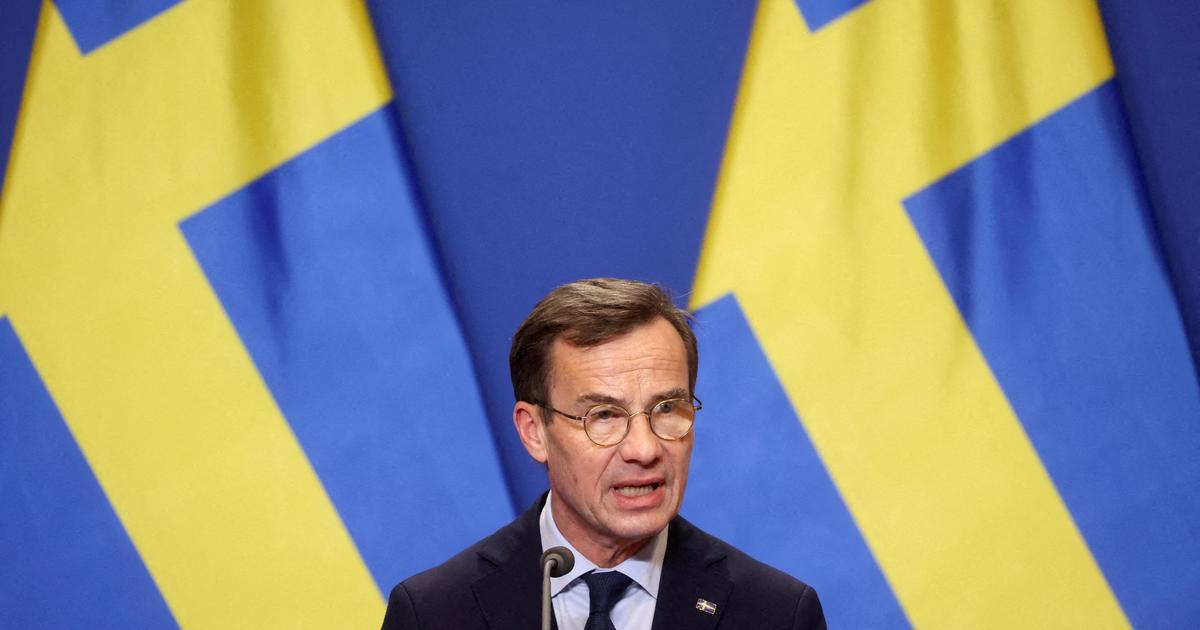Enlarge image
Photo:
STEPHANIE LECOCQ / EPA
Better late than never: Rarely has this sentence fitted a Commission proposal as well as one to withdraw at least a small part of the EU funding from the Hungarian government.
For years, Hungary's Prime Minister Viktor Orbán has been dismantling democracy in his country.
Completely openly, he goes the way to "illiberal democracy" - a euphemism for an autocracy in which elections take place but hardly deserve their name.
The entire system, from the media to the economy, is so in the hands of Orbán and his followers that an opposition now has little fair chance of victory.
So now the Commission has finally decided to hit Orbán on his most sensitive area: the money.
Hungary is one of the top recipients of billions in funding from Brussels, with almost five billion euros flowing to Budapest every year.
Hungary should keep 80 percent of its funds
This money accounts for around 3.5 percent of Hungary's gross domestic product.
Failure to do so would mean an economic disaster for Hungary.
This is exactly what reputable lawyers demanded in a recent report: the EU should not transfer any more cents to Budapest because the government there violates democratic principles “fundamentally, regularly and extensively”.
Ursula von der Leyen's commission only wants to deprive Hungary of 7.5 billion euros.
That corresponds to around 20 percent of Hungary's EU funds from the seven-year budget, not including the billions from the Corona fund.
The remaining 80 percent of the total of around 34.5 billion euros from the budget should remain untouched - because the Commission fears otherwise violating the budget mechanism that makes the cut possible in the first place.
Of course, the fact that the mechanism is the way it is also has something to do with Orbán: he was able to defuse it, among other things by threatening to paralyze the EU in other areas with his veto right.
Orbán has also ensured that the withdrawal of funds does not come almost automatically after a decision by the Commission, but has to be decided by the other EU states with a qualified majority.
15 of the 27 member countries with at least 65 percent of the EU population have to be in favor - a high hurdle.
In addition, there will be elections in Italy beforehand and everything points to a government led by the neo-fascist Fratelli d'Italia.
This could mean that the EU majority for withdrawal of funds could finally be gone.
Should that happen, it would be a disaster for the EU.
In doing so, she would demonstrate that such a manageable step as that taken against Hungary cannot succeed.
Because even if it came as the Commission wanted, it is by no means certain that it would lead to significant changes in the Orbán system.
Poland remains unscathed
It also speaks volumes that even a country like Poland has nothing to fear from the budgetary mechanism – even though Warsaw, following Orbán's example, is bringing the media into line, discriminating against minorities and even disregarding the European Court of Justice and thus the legal order of the EU.
But in Poland it is more difficult to prove that the abolition of the independent judiciary is leading to the misuse of EU funds, as EU budget commissioner Johannes Hahn conceded.
The message is clear.
As long as would-be autocrats don't become too greedy, i.e. don't divert their already generous EU funding into their own pockets or those of their friends, the EU has little to counter them when it comes to dismantling democracy.
Should the Council of Member States now smash the restrained punitive measures against Hungary itself, it would not just be a triumph for Orbán.
It could also be the beginning of the end of the EU.
Right-wing populist governments such as in Poland, or in the future possibly also in countries as large as France and Italy, would possibly lose all respect for the rule of law in the EU - and rightly so.















